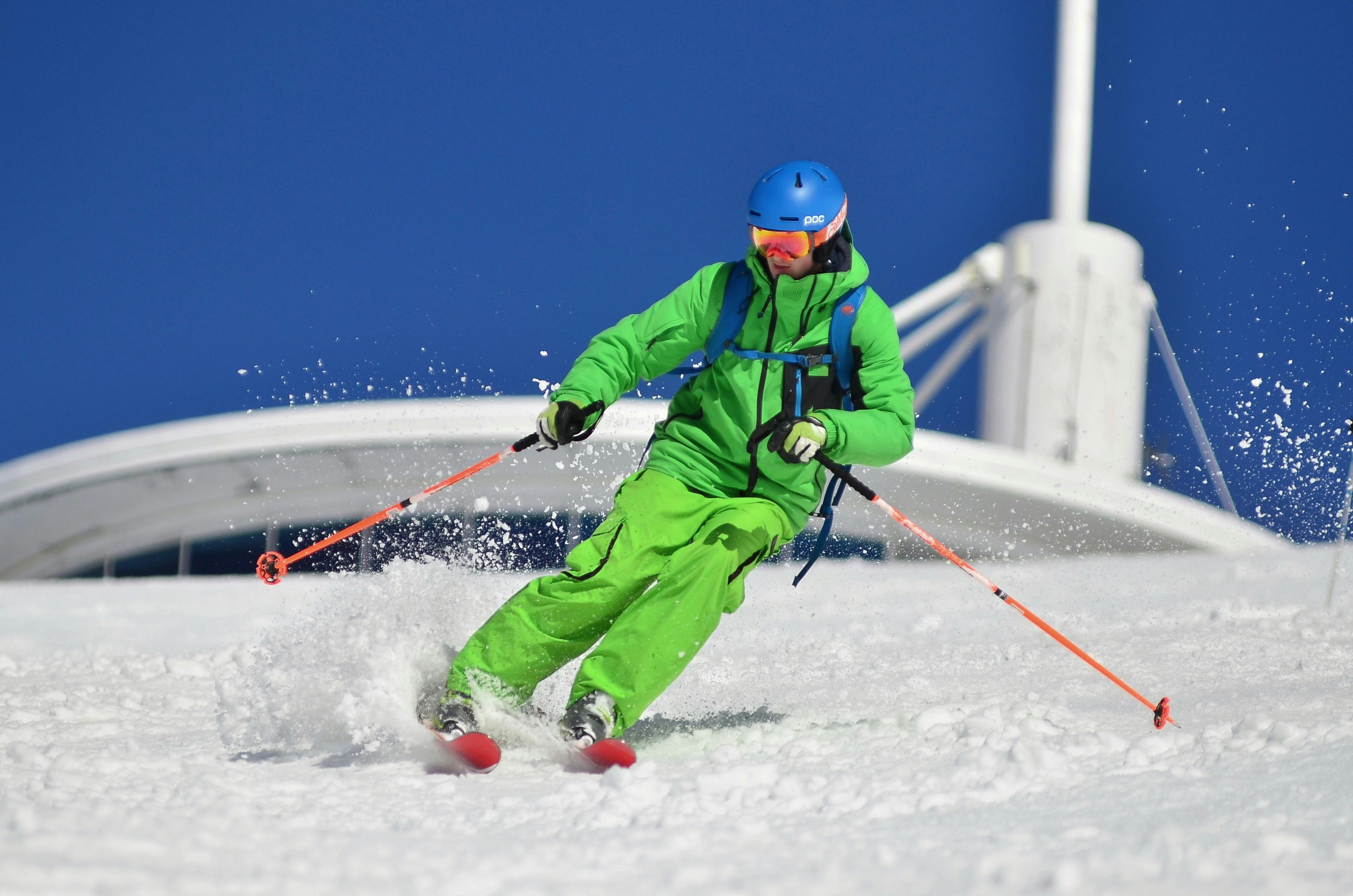Pierre de Coubertin was by no means the first person to revive the ancient Olympic Games. The idea was born much earlier in the Renaissance era, with its great interest in the classical world. Thus the first Cotswold ‘Olympics’ have been held annually in England since the early 17th century, apart from the Cromwellian period, and there were many similar events in other countries long before the first modern Olympic Games in Athens in 1896. .
An Olympic Association formed in southern Sweden staged its Games at a Ramlösa (Helsingborg) racecourse in 1834, with four series of events including jumping on a horse and climbing a mast, as well as running various distances. They were all held on the same beautiful summer day in July.
The first event was a kind of gymnastics competition, in which there were seven competitors. It was won by a student from the old Lund University. He did not receive a laurel wreath, but a gold ring. This was followed by a race in which a blacksmith’s apprentice finished ahead of nineteen other runners, receiving a similar reward, while the winner of the wrestling tournament, involving seven men, was awarded a silver jug.
Competitors in the final event had to scale a slippery pole about 10 m (33 ft) high, with a silver cup for the first person to lower it from their position at the top. As this favored the first to try, lots were drawn to decide the order. However, the hearts of the crowd went out not to the winner, but to a boy who later climbed the soap pole in great style, and they made a collection for him.
The main driving force behind the Helsingborg Games was Gustaf Johan Scharteau, a gymnastics and fencing teacher at Lund University. He originally intended to hold the Games every year, but he waited until 1836 before trying again. The facts were the same, with the addition of an essay contest in which entrants had to compare ancient Olympics to medieval tournaments and the usefulness of reviving combat sports.
Scharteau then made his way to Stockholm, where similar Olympic events were scheduled for 1843 in the large open area known as the Gärdet. Unfortunately, they turned out to be a resounding failure, not because of a lack of public support, but quite the opposite. They were too popular! He turned out to be far more people than the officials expected or could handle. Tickets had been sold, but there were thousands of intruders and everything ended in chaos. Also, the winner of the slippery pole climb had just received his prize when one of the spectators snatched it away, so a new event was added to the program, a big chase for the culprit, who turned out to be a 14-year-old boy. .
Scharteau did not attempt to hold his Olympic Games again and it would be sixty-nine years before Stockholm would once again be the host city of the Olympic Games. This time, however, they went on a much larger scale and enjoyed much greater success.

